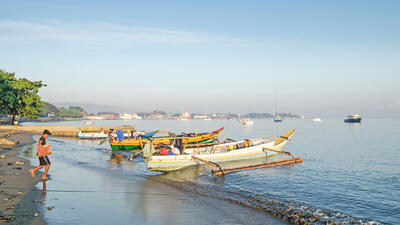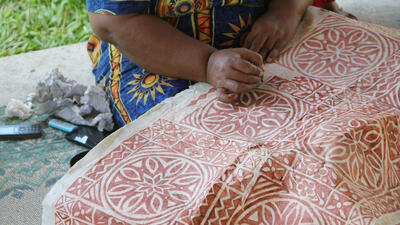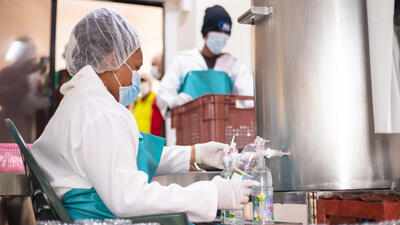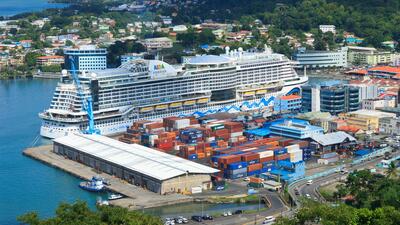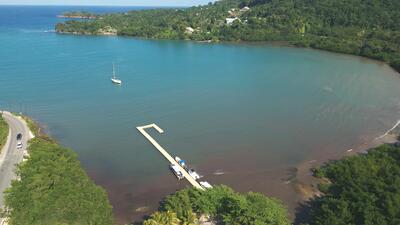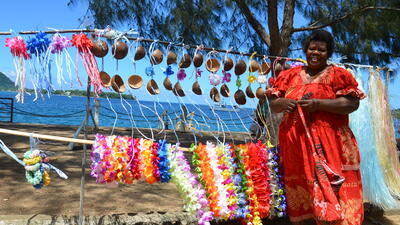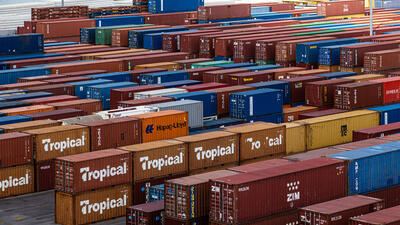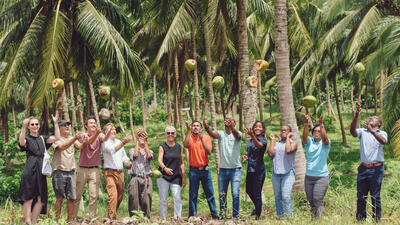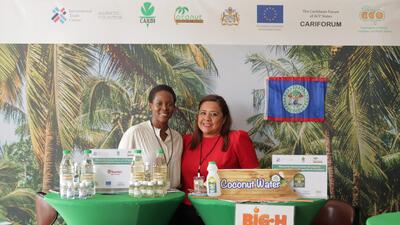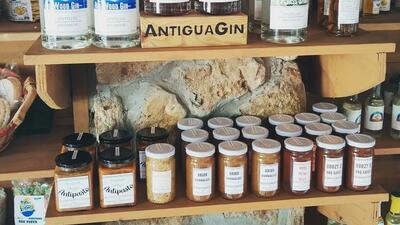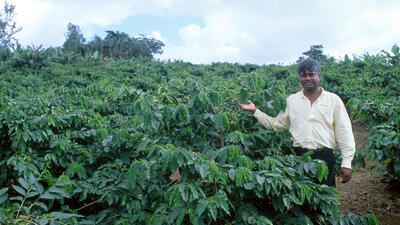


Charting the course toward resilient prosperity
A closer look at what is needed to build the economic resilience of small island developing States
As my beloved Antigua and Barbuda prepares to host the 4th International Conference on Small Island Developing States on 27- 30 May 2024, our United Nations partners act by the guiding theme Charting the Course Toward Resilient Prosperity.
The SIDS4 Conference comes at an opportune time. In the post-Covid19 recovery period, our challenges are unique.
Across the 57 countries identified as small island developing States (SIDS), our fragile economies, almost universally dependent upon a single, dominant product, do not always respond well to constructing sustainable economies. In this period, therefore, faced with a multiplicity of challenges—with climate change at the forefront—as well as widening geopolitical fissures such as war and internal conflict, the SIDS capacity to achieve resilient prosperity is harmfully impacted.

Cognizant of these challenges, the role of the United Nations (UN) and of public-private partnerships are considered critical in pursuit of economic resilience by SIDS. The UN serves as a catalyst for sustainable development in SIDS through its various agencies, programmes and capacity-building initiatives. On the other hand, the vital role of public-private partnerships seamlessly complements UN efforts by mobilizing private sector expertise, resources and innovation with an overarching goal to address development challenges faced by SIDS. Antigua and Barbuda has placed a high priority on embracing the 2030 Agenda for Sustainable Development intended to achieve the 17 Sustainable Development Goals (SDGs).
This high-level commitment is demonstrated by the Government's steadfast collaboration on UN joint programmes, such as improving the lives of women and other vulnerable groups and reducing the effects of climate change. It is for reasons such as these that the Government of Antigua and Barbuda is most appreciative of the United Nations In-Country Team's work.
It was just a mere four years ago that we implemented the Regional UN Human Security Trust Fund Joint Initiative to empower both women and youth in the agriculture and fisheries small business sectors.
There are some key support areas that can be identified in the pursuit of building a sustainable economy, such as capacity building, climate resilience, sustainable energy, and the blue economy. Through capacity-building initiatives specifically aimed at government institutions, there can be strengthening of institutional capacities, which is essential in areas such as sustainable resource management and policy formulation. Well designed, interconnected policies that permeate every aspect of our government are at the heart of our efforts to achieve the SDGS.
Looking ahead, robust public-private partnerships can facilitate investments in well-needed areas such as renewable energy facilities, water supply systems and transportation networks. For example, Antigua and Barbuda along with its fellow Organization of Eastern Caribbean States (OECS) Members are in dire need of more reliable and well-functioning transportation networks, now more than ever. Such networks would significantly improve connectivity, productivity and trade, and likely have positive spillover effects on economic growth and improving the lives and livelihoods of our peoples.
It is important to note that to address the difficult realities of our time requires multiple stakeholders and actors to work collaboratively. Governments, especially of SIDS, do not have the resources to go it alone. Moreso, as SIDS attain higher levels of income and graduate from official development assistance (ODA), small island developing States find themselves confronted with a decline in access to concessional finance.
For these reasons, I am a strong proponent for the use of the Multidimensional Vulnerability Index. This tool would validate our ODA eligibility and need for concessional finance.
Finally, intergovernmental organizations such as the UN and its specialized agencies also have a wide range of expertise to contribute towards achieving sustainable outcomes. Likewise, the private sector also requires the input and buy-in of governments and local communities to achieve maximum impact. If ever there was a time to act together, that time is now.
It is my fervent expectation of a successful 4th SIDS Conference in May 2024, with positive outcomes that lead to bright and sustainable futures for all small island developing States.







